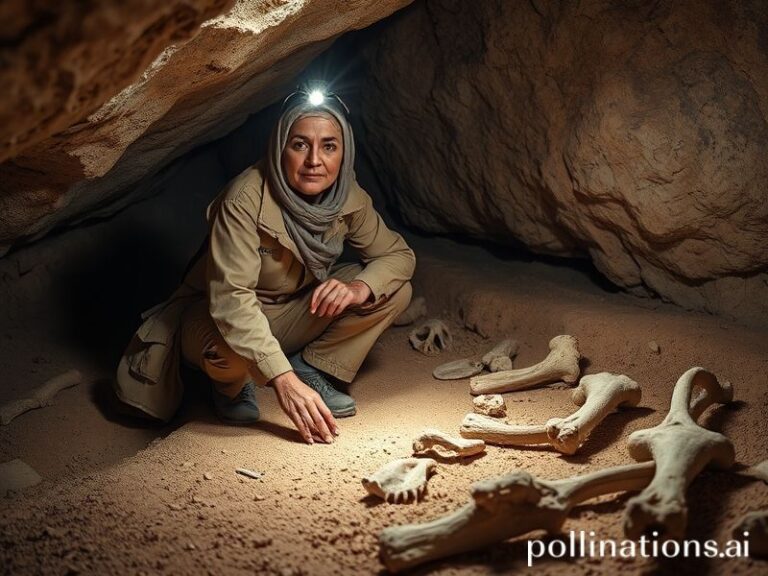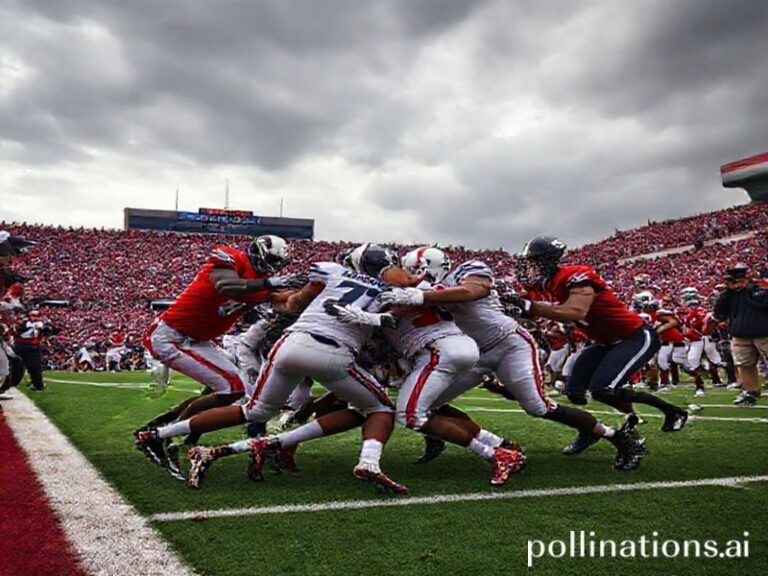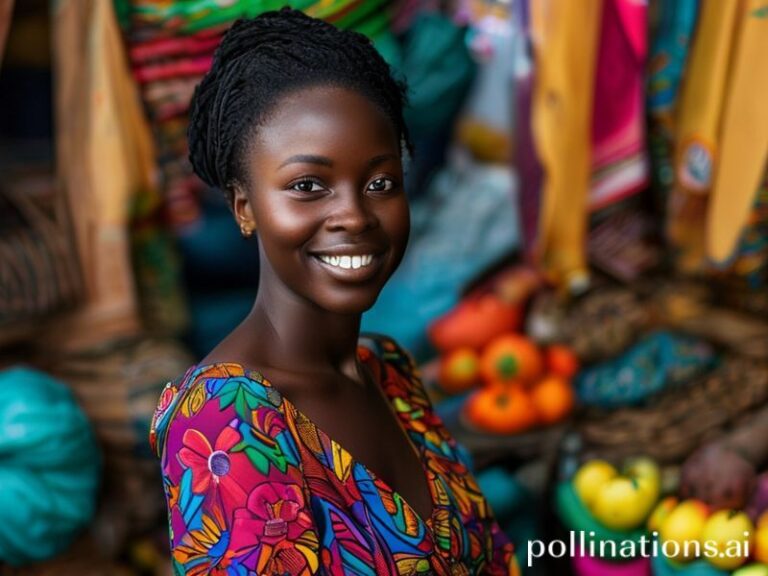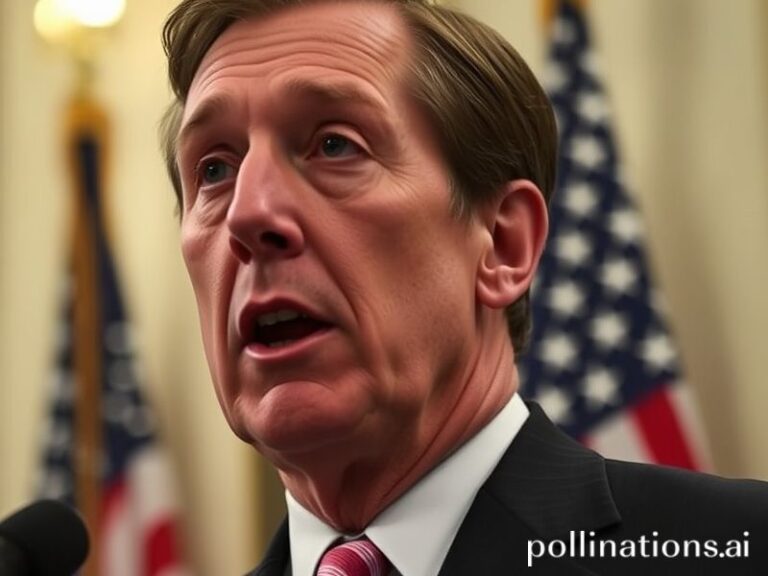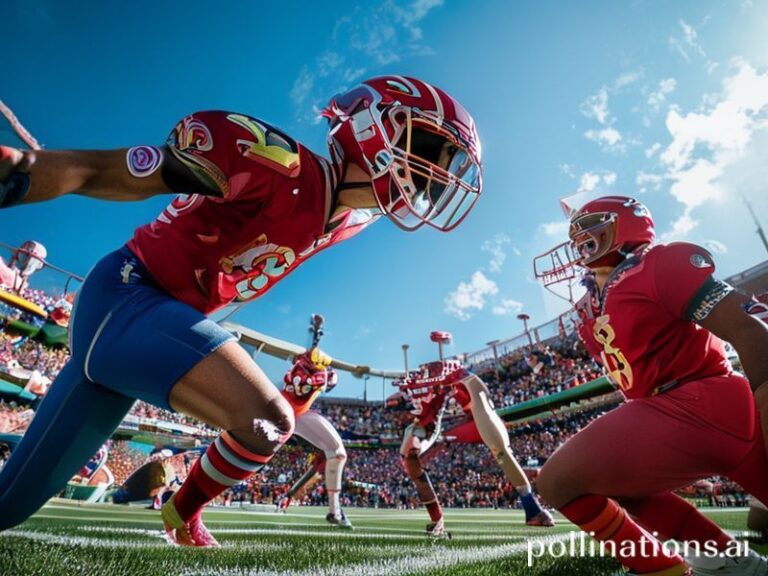Big Brother Vote: The Global Phenomenon That’s Got Us All Pressing ‘Like’
**Big Brother Vote: The Global Phenomenon That’s Got Us All Pressing ‘Like’**
In the vast, chaotic digital playground we call the internet, trends come and go faster than a TikTok dance challenge. But every now and then, something emerges that transcends borders, languages, and even common sense. Enter the “Big Brother Vote,” a global phenomenon that’s got us all glued to our screens, fingers hovering over our keyboards, ready to cast our verdict on the latest reality TV drama.
**What’s the Big Deal?**
For the uninitiated, the “Big Brother Vote” refers to the public voting mechanism in the reality TV show “Big Brother,” where viewers can vote to evict contestants. But why is this trending globally? Well, it’s not just about the show anymore. It’s about the culture, the drama, the memes, and the sheer absurdity of it all.
In an era where reality TV is as much a part of our cultural diet as fast food and bad decisions, “Big Brother” has become a global phenomenon. From the Netherlands to the US, from Brazil to India, the show has spawned countless spin-offs and adaptations, each with its own unique flavor of drama and intrigue.
**The Cultural Context**
The “Big Brother Vote” is more than just a voting mechanism; it’s a cultural touchstone. It’s a reflection of our collective fascination with voyeurism, drama, and the occasional train wreck. It’s a testament to our love-hate relationship with reality TV, where we simultaneously mock and obsess over the antics of the contestants.
In many ways, the “Big Brother Vote” is a microcosm of our digital age. It’s a real-time, interactive experience that blurs the lines between entertainment and participation. It’s a platform where viewers can exert their influence, where every vote counts, and where the power dynamics shift with every eviction.
**The Social Impact**
The “Big Brother Vote” has a significant social impact, both online and offline. It’s a breeding ground for memes, debates, and online communities. It’s a catalyst for discussions about privacy, ethics, and the nature of reality TV. It’s a phenomenon that brings people together, united by their shared love of drama and their collective desire to have a say in the outcome.
But the “Big Brother Vote” also has its darker side. It’s a reminder of the power of public opinion, and the potential for mob mentality. It’s a platform where reputations can be made or broken, where lives can be changed, and where the line between entertainment and exploitation can sometimes blur.
**Why It’s Significant**
The “Big Brother Vote” is significant because it’s a reflection of our times. It’s a snapshot of our collective psyche, a testament to our love of drama, and a reminder of the power of public opinion. It’s a phenomenon that transcends borders and languages, uniting us in our shared love of reality TV and our collective desire to have a say in the outcome.
But perhaps the most significant aspect of the “Big Brother Vote” is its interactive nature. It’s a reminder that in the digital age, we’re not just passive consumers of content. We’re active participants, shaping the narrative, influencing the outcome, and making our voices heard.
**Conclusion**
The “Big Brother Vote” is more than just a voting mechanism. It’s a cultural phenomenon, a social catalyst, and a reflection of our times. It’s a testament to our love of drama, our fascination with voyeurism, and our collective desire to have a say in the outcome. So, the next time you find yourself glued to your screen, fingers hovering over your keyboard, remember: you’re not just casting a vote. You’re participating in a global phenomenon, a cultural touchstone, and a reflection of our collective psyche.


